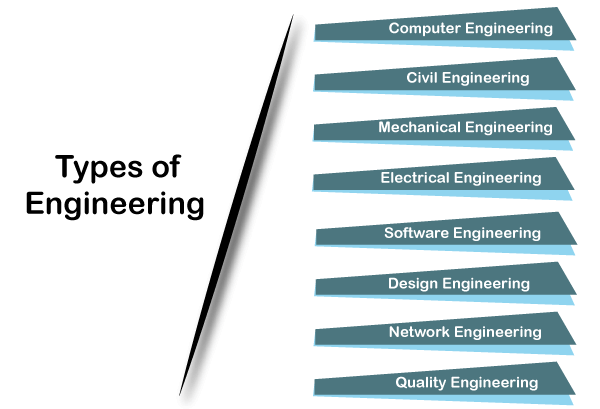
Types of Engineering: Choosing the Right Specialization for Your Career
When someone hears the word engineering, the first thing that often comes to mind is either a bunch of complex math formulas or the image of someone working on machines in a hard hat. But today’s engineers are doing so much more. They’re designing advanced medical devices that save lives, building the apps we use daily, and solving real-world problems that affect millions of people.
In this guide, we’ll walk through the many types of engineering you might consider for your studies after 12th Science. By the time you’re done reading, you’ll have a much clearer idea of which path fits your personality, interests, and future goals.
Let’s help you figure out where your engineering journey begins.

Table Of Content
How to Choose the Right Engineering Specialization?
Major Engineering Branches and What They’re All About
Emerging & Trending Engineering Fields You Should Know About
Types of Engineering in India: What’s Popular and What’s Emerging
Switching Engineering Streams: Is It Possible Later?
Final Thoughts
Frequently Asked Questions
How to Choose the Right Engineering Specialization?
Before we drill into each branch, take a step back. Here are four key factors to weigh when choosing among the many types of engineering:
Follow Your Curiosity
- What classes make you lean forward? If you love building Lego robots, Mechanical Engineering might excite you. If coding small games thrills you, Computer Science & Engineering could be ideal for you.
- Think of past projects or hobbies. Did you enjoy chemistry labs, tinkering with electronics, or planning tiny city layouts in SimCity? Those clues point toward the different types of engineers you might become.
Check Job Outlook & Salaries
- Use websites like LinkedIn, Naukri.com, or Glassdoor to see how many job postings exist for each field, and what starting salaries look like. For instance, types of engineering in India, like CSE, often list thousands of openings, while specialized fields like Aerospace may list fewer but higher‑paying roles.
Weigh Future Trends
- Governments and companies worldwide are investing in green energy, smart cities, and healthcare tech. That means Environmental Engineering, Biomedical Engineering, and Data Science & Engineering are among the best engineering fields to watch.
- In India, initiatives like “Smart Cities Mission” and renewable energy targets are creating fresh engineering career opportunities in Civil, Electrical, and Environmental branches.
Consider Education & Skill Fit
- Some branches demand strong math and physics (Aerospace, Mechanical), while others lean heavily on programming (CSE, ECE).
- Think about your study habits: do you prefer hands‑on lab work, group projects, or solo coding sessions? Match the branch’s learning style to yours.
Major Engineering Branches and What They’re All About
Emerging & Trending Engineering Fields You Should Know About

Types of Engineering in India: What’s Popular and What’s Emerging
Switching Engineering Streams: Is It Possible Later?
What if you start in one branch and realize it’s not your perfect match? Good news: Many engineering career opportunities allow for lateral moves.
Postgraduate Degrees & Certifications
A Master’s in Data Science can pivot Mechanical or Civil grads into analytics roles.
Certifications in cloud computing (AWS, Azure) can help ECE or CSE engineers move into DevOps.
Upskilling Bootcamps & Online Courses
Platforms like Coursera, Udacity, and NPTEL offer specialized tracks in AI, Environmental Management, and Biomedical Engineering.
On‑the‑Job Transitions
Large corporations often rotate junior engineers across departments use that chance to explore.
Final Thoughts
Engineering is a universe of possibilities. Whether you’re captivated by machines that move, cities that rise, circuits that spark, or codes that breathe life into apps, there’s a branch of engineering that fits your mindset and ambition.
Check out who’s hiring, what skills they value, and which colleges excel in those fields. Research these best engineering fields, connect with professionals, or enroll in a course to start your journey today!

